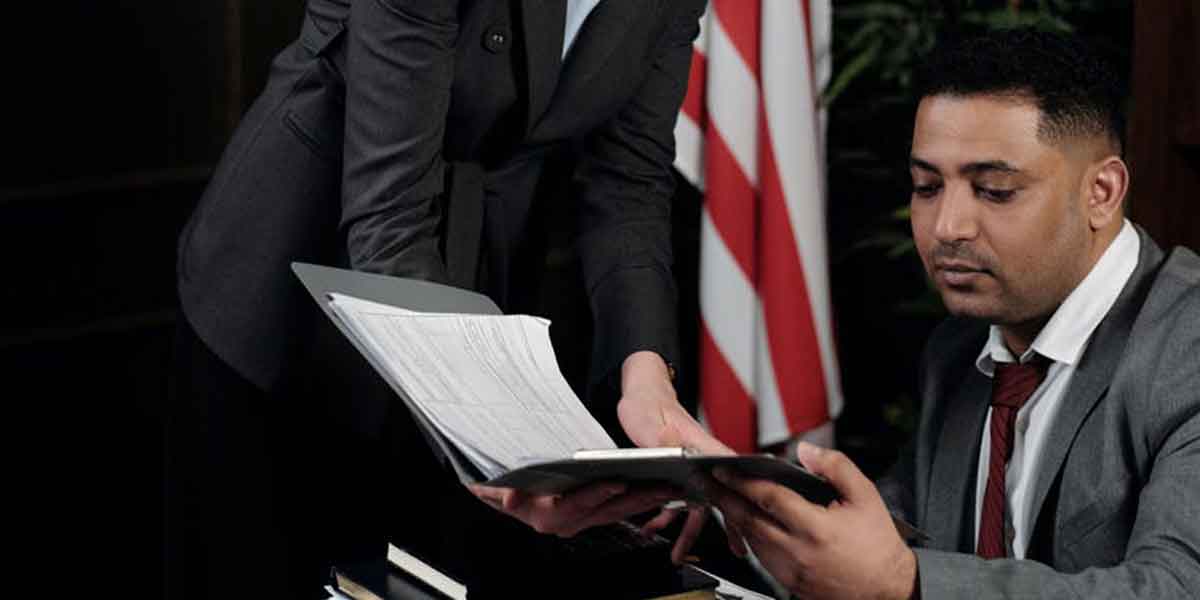While drafting a will, an individual needs to name an executor in the will who will act on behalf of him/her after his/her death, the testator must authorize an intellectual and trustworthy person with this responsibility. The executor performs all the required tasks in the probate process. He/she makes sure that the desires and wishes of the decedent mentioned in the will be fulfilling.
The executor performs all the legal tasks on behalf of the testator after his/her death. He/she is responsible for initiating the probate process by filing a petition in the court. The executor makes sure that the drafting of all the required documents gets done according to the state laws. He/she clears out all the pending dues of the decedent. After clearing out the debts, the heirs and beneficiaries get the remaining assets by the executor.
Usually, the testator authorizes a relative as the executor. The executor must have the required skills to execute the probate process without causing any legal problems. The testator must evaluate a person based on these skills before authorizing him/her as the executor.
1. Responsible Towards Probate
The executor must be responsible enough to handle the probate process. It is manageable if the executor is not an accountant or an attorney, but he/she needs to be a responsible character. The executor must administer the estate of the deceased with proper responsibility. A responsible executor will make sure that no legal problems arise in the probation. The testator must authorize a responsible family member or friend as the executor.
If the testator doesn’t find any of his/her relatives to be responsible, then he/she can hire a probate attorney for the executor position. This will cost the testator much more, but the result is satisfactory. The hired attorney will make sure the fulfillment of all the desires of the decedent.
2. Skills For Probate
The executor must have the skills to administer the decedent’s assets. He/she must be skillful enough to handle the issues of the family regarding the will. The executor explains the heirs and beneficiaries about the decedent’s desires in a manner that doesn’t arise any conflict. If there are any conflicts, then the executor must solve it.
Many a times, the heirs or the beneficiaries are not happy with the will and may challenge the will in the court. The executor must have the ability to face this type of unwanted situation. He/she must always concentrate on fulfilling his/her goals and overcoming every barrier that comes in the way.
3. Location
The location of a person also needs consideration while selecting an executor for the will. It is always suggested to choose a local person as the executor. A local person knows the laws of the testator’s state where the probation is going to take place. A local executor will not face any problem in executing the probate process as he/she knows all the procedures of the particular state.
A non-local executor faces difficulties in execution as he/she lives in a different state and finds this state’s law new. He/she has to gain knowledge on various laws of the state before starting the probation. So to escape all this hassle, it is better to choose a local person as an executor.
4. Will of The Executor For Probate
Before naming a person as his/her executor, the testator must know the opinion of the person regarding this matter. The person should show his/her interest in this matter before he/she gets an executor authorization. If a person gets named as the executor against his/her will, then he/she may not perform the probate-related tasks properly.
The executor’s will is a critical factor on which the execution of will depends. If the executor has an interest in performing this task, then he/she will complete the probate process efficiently.
5. The health of The Executor
The executor authorized with this power must have proper medical conditions and should be of sound mind. He/she should be healthy enough to perform all the probate-related tasks after the death of the testator. An unhealthy person should never get authorized with the powers of the executor.
Conclusion
The executor plays a vital role in the probate process, which is why his/her selection should be perfect. The success of the probate process depends on the executor. The testator must consider all the above points before selecting an executor for his/her will execution.




